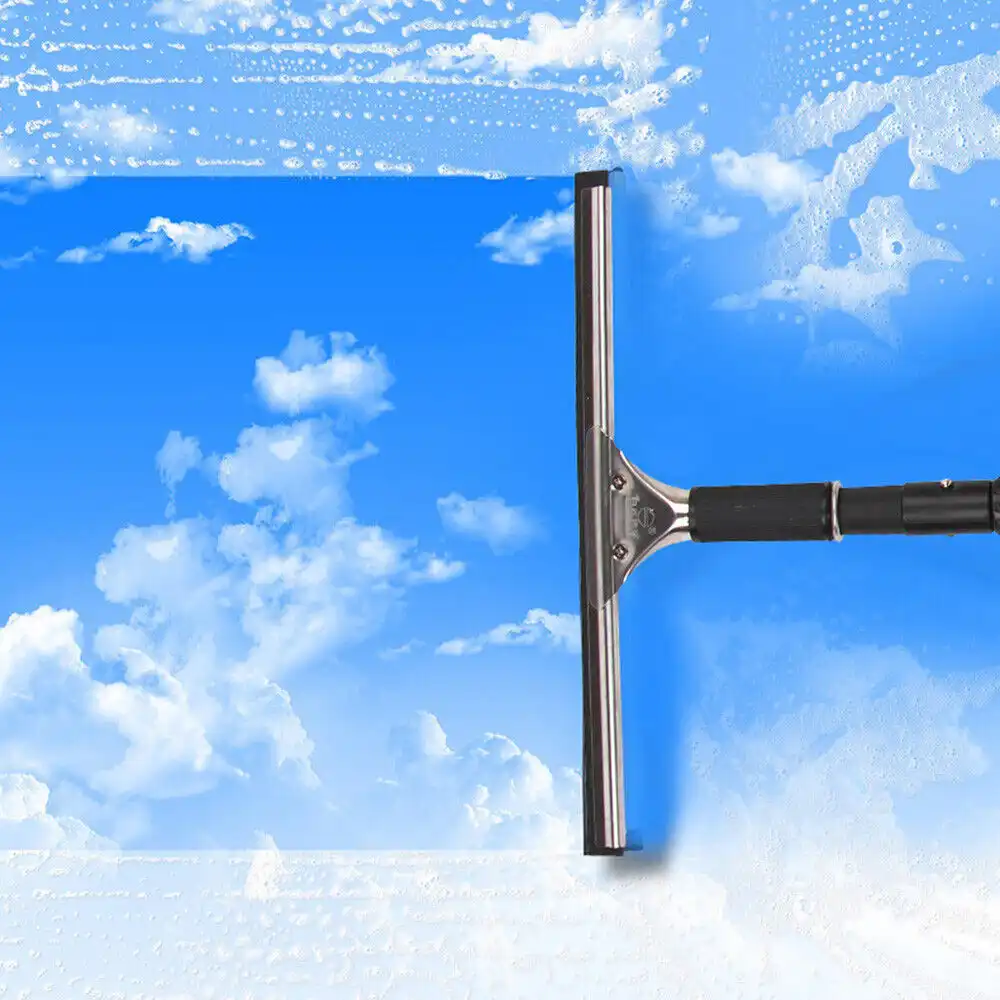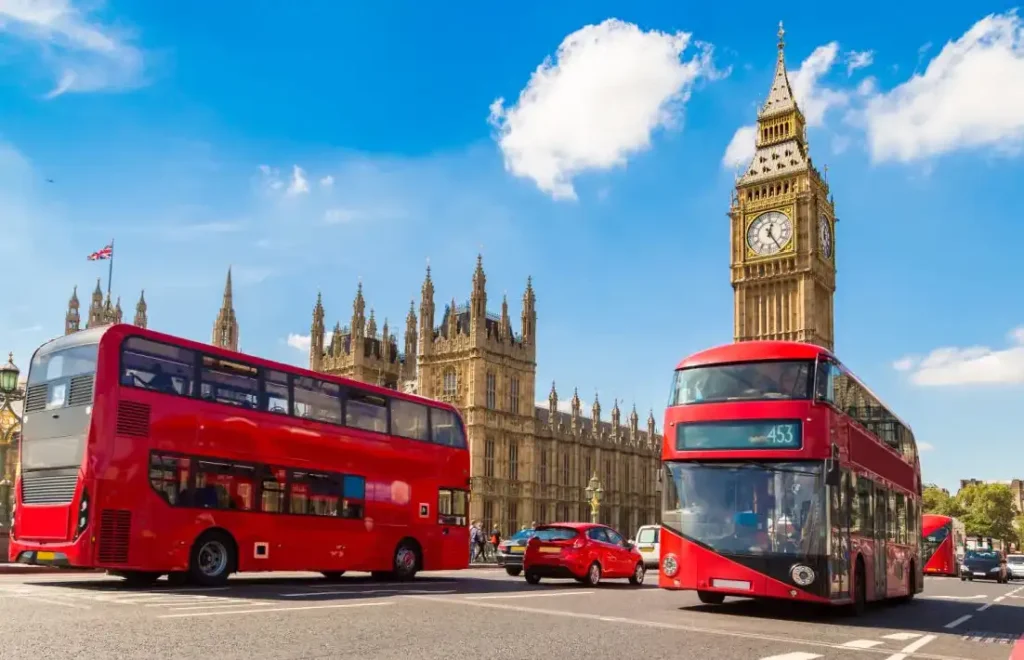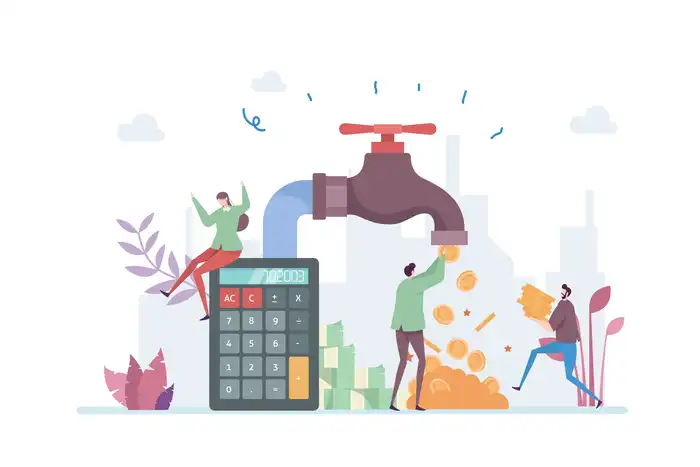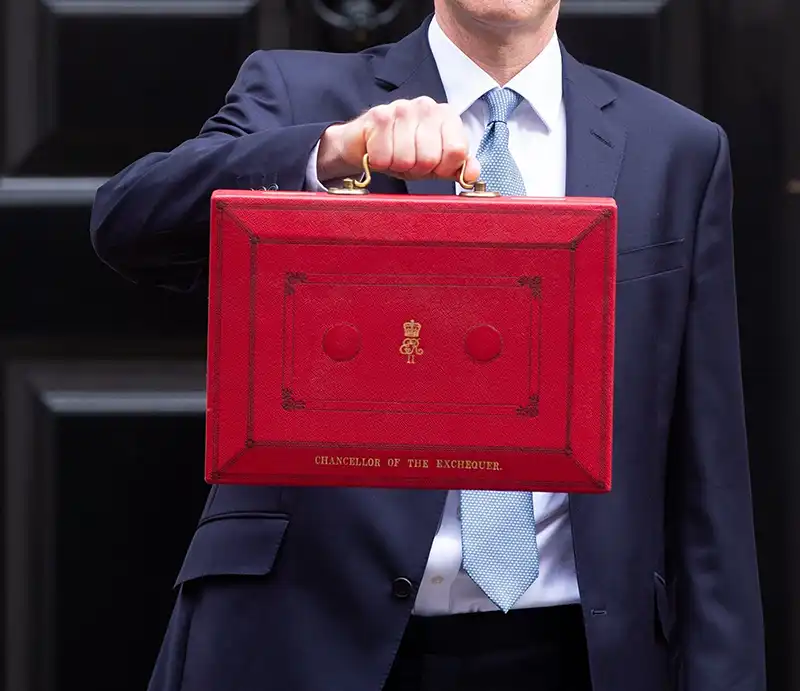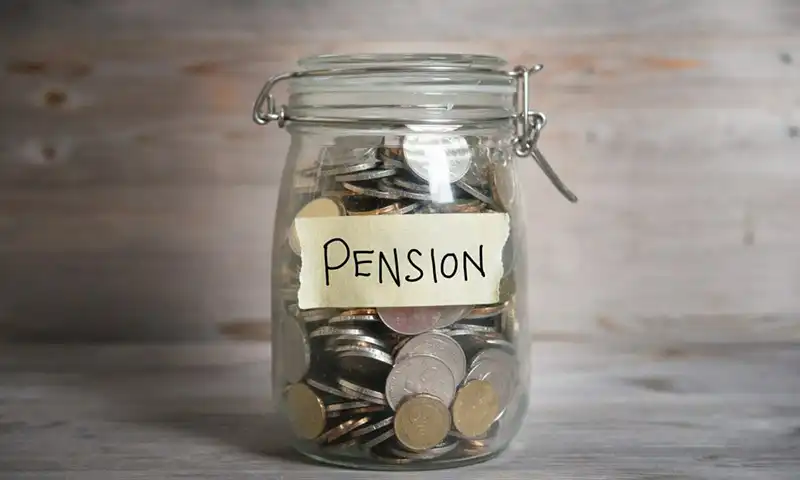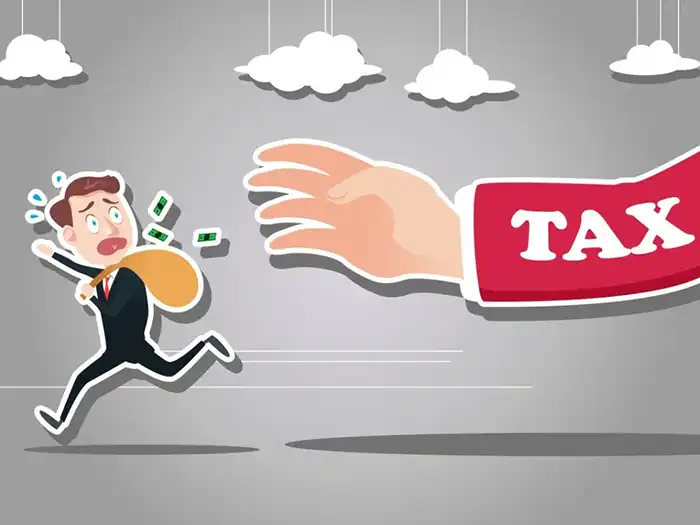Top Tips for Preparing for the Tax Year-End

The tax year end is looming once again and although for some it may feel like you have only just got your tax return out of the way in time for the 31st January deadline, it is a good time to review your income for the year and see if you have taken full advantage of the allowances and reliefs out there.
The UK tax year runs from the 6th of April in one year to the 5th of April of the following year. For example, the current UK tax year runs from 6th April 2022 to 5th April 2023. This is known as the tax year-end. Income tax, capital gains tax, and inheritance tax are all calculated based on the tax year. The deadline for submitting a tax return for the previous tax year is 31st January following the end of the tax year, which means that the deadline for submitting a tax return for the 2022/23 tax year is 31st January 2024.
So, although it seems as though you have plenty of time, it is definitely worth figuring out where you stand before the tax year ends, to see if it is worth making that purchase now or paying that dividend before the year end and keep your tax bill as low as possible.
Things to check before the tax year-end
Before the end of the tax year for sole traders and company directors, it’s important to take certain steps to ensure that your tax affairs are in order. Here are some key steps that you can take:
For Sole Traders:
- Review your accounts: Take a look at your business accounts and make sure that they are up-to-date and accurate. This includes your income and expenses for the tax year.
- Claim all allowable expenses: Make sure that you have claimed all allowable business expenses to reduce your tax liability. This includes expenses such as travel, subsistence, and office costs.
- Consider any other income you have had over the year: This could include other employment, property, dividends, interest, and capital gains among other things.
- Review your income tax liability: Calculate your tax liability for the tax year and make sure that you have set aside enough funds to pay your tax bill.
- Review your National Insurance liability. This is charged differently to income tax and is often forgotten about when the tax bill arrives. Be sure not to get caught out by this.
- Consider making pension contributions: If you are a sole trader, you may be able to make pension contributions and receive tax relief. Consider whether making contributions would be beneficial for you.
- Submit your self-assessment tax return: Make sure that you submit your self-assessment tax return by the deadline (31st January following the tax year-end) and pay any tax due.
For Company Directors:
- Review your personal income: Take a look at your company salary, dividends and other income to see whether it is worth paying a bonus dividend or salary to yourself.
- Claim all allowable expenses: Make sure that you have claimed all allowable business expenses to reduce your corporation tax liability. This includes expenses such as travel, subsistence, and office costs.
- Take full advantage of your personal allowance: if you pay yourself a salary, be sure to pay the optimum amount to reduce your company and individual tax liability.
- Has your company taken advantage of the Super Deduction? It ends on the 31st of March 2023. Find out more here
- Review your income tax liability: Calculate your corporation tax liability for the tax year and make sure that you have set aside enough funds to pay your tax bill.
- Consider making pension contributions: As a company director, you may be able to make pension contributions and receive tax relief. Consider whether making contributions would be beneficial for you.
- Submit your self-assessment tax return: Make sure that you submit your self-assessment tax return by the deadline (31st January following the tax year-end) and pay any tax due.
It’s important to seek professional advice if you are unsure about any aspect of tax year-end preparations for your sole trader or limited company business. A qualified accountant can help you to ensure that your tax affairs are in order and that you are paying the correct amount of tax. For more help and advice, why not get in touch with Jacksons Accountants for a free consultation.
Mileage Claims and other flat-rate expenses
Sole traders and company directors may be able to claim HMRC mileage and flat rate expenses to reduce their tax liability. Here’s what you need to know:
Mileage Expenses:
You can claim HMRC mileage expenses if you use your own vehicle for business purposes. The rates are set by HMRC and vary depending on your vehicle type. For cars and vans, the current rates are:
- 45p per mile for the first 10,000 miles in a tax year
- 25p per mile for each additional mile over 10,000 in a tax year
Motorcycle mileage is 24p per mile.
You can claim the full amount of the mileage rate as an expense, which will reduce your tax liability. Keep a record of your mileage, including the date, distance travelled, and the reason for the journey.
Other Flat Rate Expenses:
HMRC also allows sole traders and company directors to claim flat-rate expenses. HMRC has determined these are standard amounts to be the average cost of certain business expenses. You don’t need to provide receipts for these expenses, but you must be able to show that you are entitled to claim them. Flat rates exist for the following:
- Use of home allowance – currently up to £6 per week depending on how many hours you work from home
- Living at business premises, for example, a B&B or a small care home
These expenses can include things like phone and internet bills, stationery, and home office expenses. For more info on simplified expenses, click here.
For sole traders and company directors, it is sometimes beneficial to claim the running costs of the vehicle, rather than the mileage. It’s important to note that you can only claim either mileage or actual running costs for a vehicle. You can’t claim both. For example, if you claim the flat rate expense for vehicle running costs, you can’t claim mileage expenses for the same vehicle. Also be aware that for company directors, the vehicle will be considered a company car which will be considered a Benefit in Kind meaning that you and the company will therefore be taxed on this.
It’s important to keep accurate records of all business expenses, including mileage and flat rate expenses, in case of an HMRC audit. And, it’s always a good idea to seek professional advice from a qualified accountant to ensure that you are correctly claiming all allowable expenses and reducing your tax liability. Jacksons Accountants are always happy to help with this, feel free to get in touch to discuss further.
Looking for an Accountant?
Contact us for accounting support! Simply fill out the form below, and our team of qualified accountants will be in touch with you soon.

